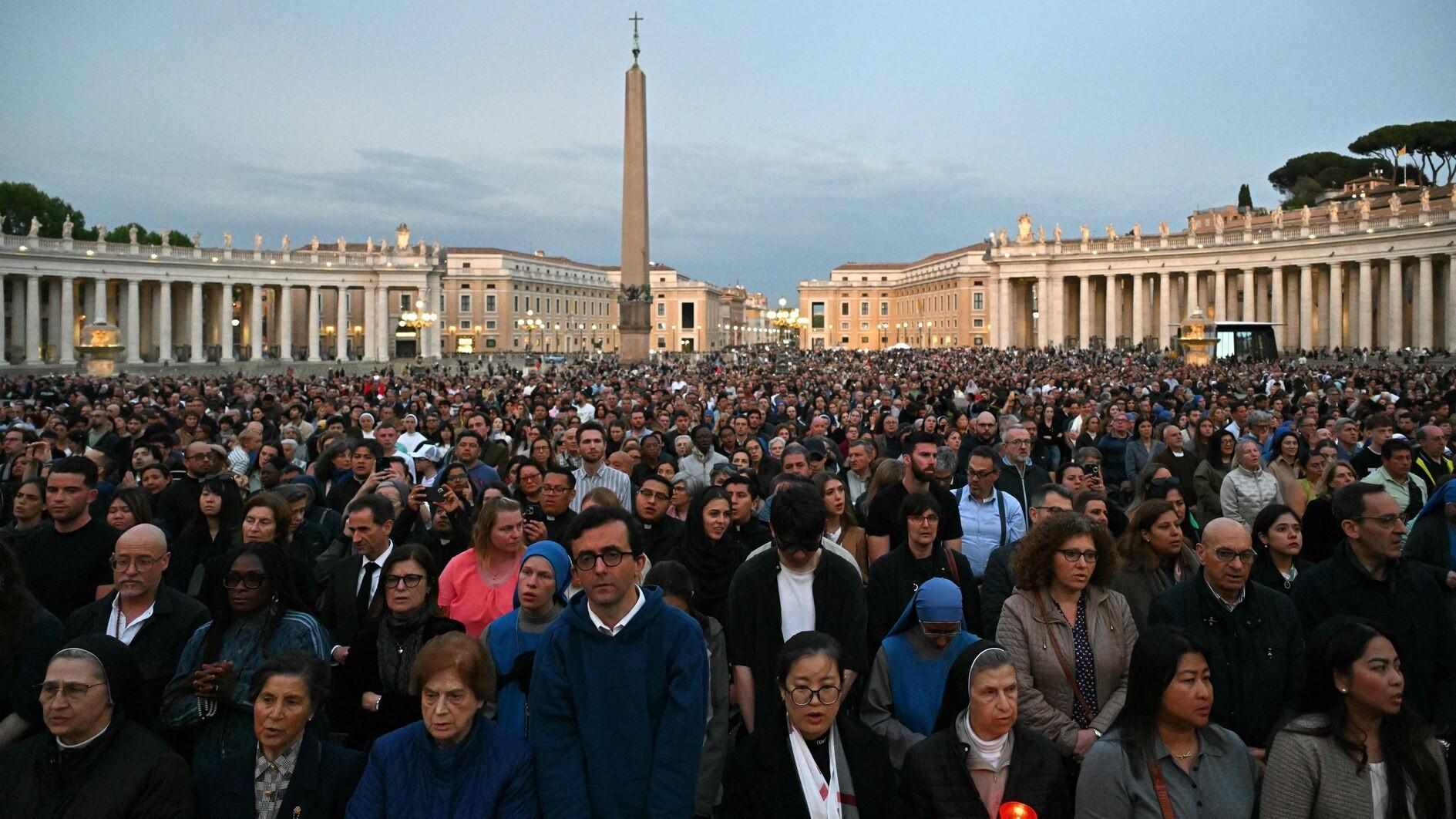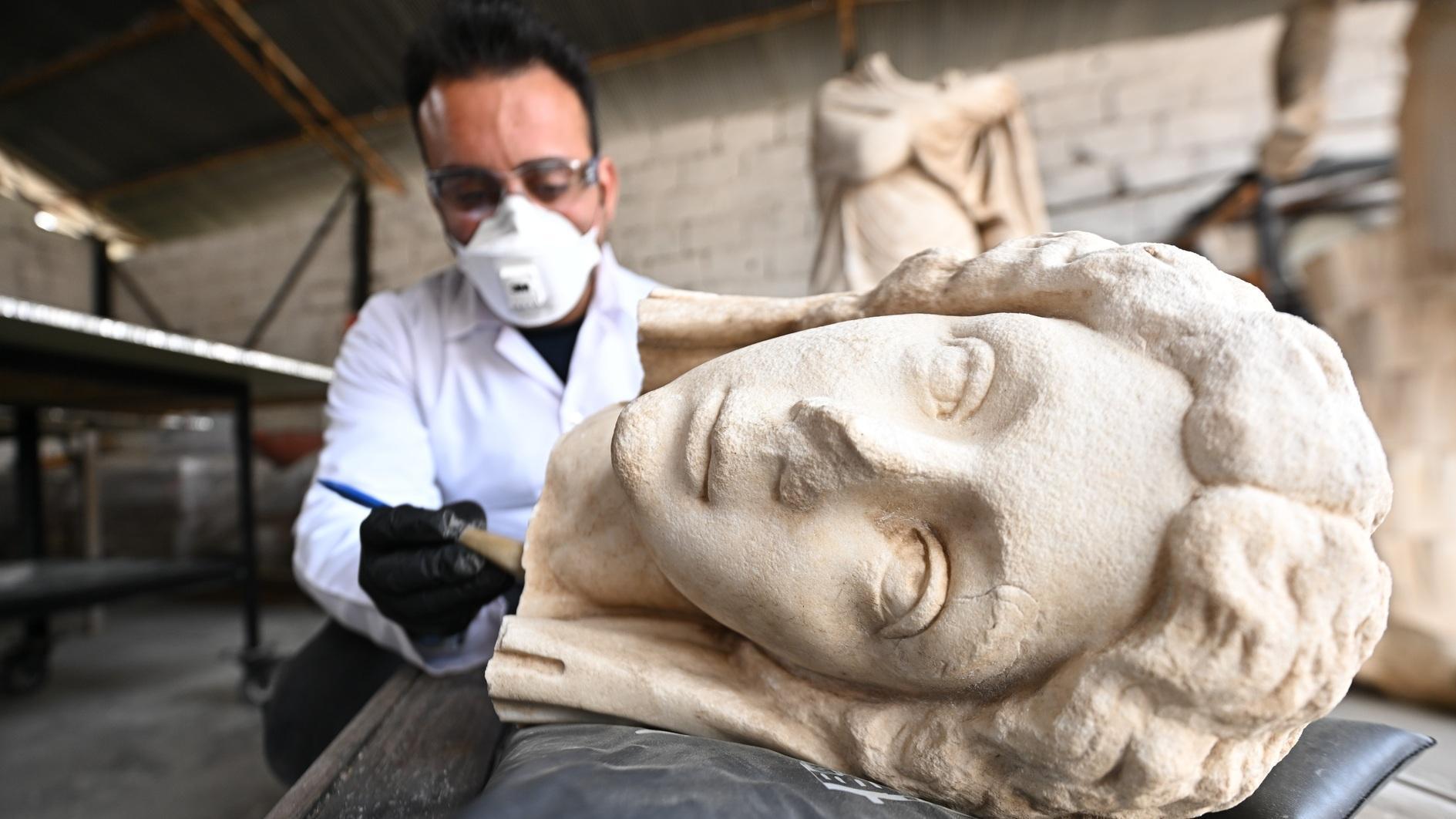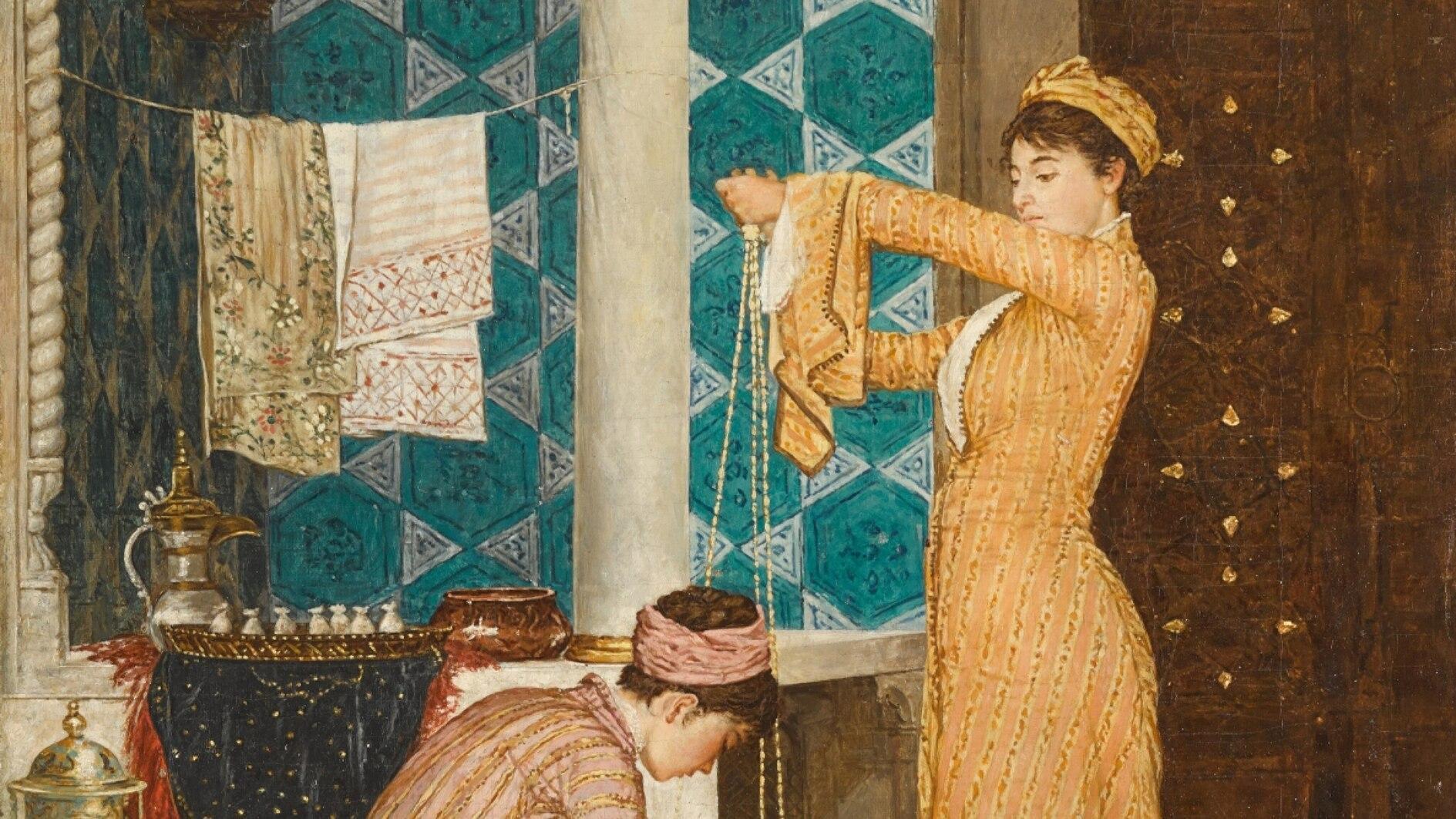Bollywood #MeToo accused back at work
MUMBAI - AFP

Tanushree Dutta
A year after Bollywood followed Hollywood by naming male predators accused of sexual harassment, many women say they have suffered while alleged perpetrators are back in the limelight.
In the U.S., #MeToo triggered the downfall of powerbrokers including Harvey Weinstein, Kevin Spacey, and Brett Ratner. Victims were hailed as trailblazers for speaking out, and millions of dollars were raised to support their cases.
In Bollywood, women have faced a backlash, campaigners say.
When singer Sona Mohapatra accused composer Anu Malik of sexual misconduct she was told to vacate her judge's seat on TV talent show, "Sa Re Ga Ma Pa."
"I was marked as a troublemaker and asked to leave. Overnight," Mohapatra said last month. Program producers Zee TV denied her claims, telling her departure had "no connection" with #MeToo.
The maelstrom forced Malik, who also had a molestation case filed against him in the 1990s, to stand down last year as a judge on the Sony TV show "Indian Idol."
He was later reinstated. But after campaigners fought back, Malik, who has dismissed the allegations as "false and unverified," announced his departure for a second time last week.
It was a rare victory for #MeToo in Bollywood, where many high-flyers accused of harassment and even rape have revived their careers after lying low for a few months.
Director Vikas Bahl, whose name was initially removed from the credits of the hit movie "Super 30" following a sexual misconduct complaint, was reinstated after being cleared by an internal committee, which reportedly did not involve the victim.
Filmmaker Subhash Kapoor, on trial for molestation, was initially dropped from a movie produced by Aamir Khan, one of Bollywood's most-feted actors. But the superstar backtracked, saying only a court could establish whether or not he is guilty -- a process likely to take years in India's overburdened legal system.
Veteran actor Alok Nath, under investigation for rape, has sued the complainant for defamation. His film "Main Bhi" ("Me Too"), in which he plays a judge overseeing sexual harassment cases, is awaiting release.
"I imagine the advice many of the men got was 'just go underground for a year and people will forget'," said singer Shweta Pandit, who was 15 when composer Malik, then 40, allegedly asked her to kiss him in exchange for work.
A classically-trained vocalist, Pandit said the 2001 incident made her "shut down" and become a recluse.
"I stopped trusting people," she said, tearing up. "Singing was the only way I could express myself."
She never discussed the incident until the #MeToo campaign jolted her into speaking out last year.
Since then, she has faced online trolling and a backlash.
"Some men are like, 'if we hire her, then she might say something, better be careful.' For some people, the moment a woman speaks, she is trouble," she said.
"Many well-wishers had warned me against saying anything but I have to stand my ground."
Anusha Khan, a consultant who conducts workshops against sexual harassment in the entertainment industry, said, "Bollywood is still grappling with the fact that this problem exists."
"The protection system for predators is very strong."
As a result, many accused men have resurrected their careers with relative ease, she said. "It's rehab without remorse."
Even the case credited with kickstarting India's #MeToo movement has hit roadblocks.
Actress Tanushree Dutta first accused Bollywood star Nana Patekar of touching her inappropriately while filming a song in 2008, when she was 24 and he was 57.
At least two people, a journalist and an assistant director -- have publicly corroborated her version of events.
The incident effectively ended her career, the former Miss India said. Police refused even to register her harassment complaint.
"I lost friends, I lost work, I went through periods of depression. "When your work is taken away from you, you feel like you have no reason to wake up sometimes," she said.
Dutta repeated the claims in an interview a decade later, triggering an outpouring by women across India.
Police agreed to accept her 2008 complaint but closed the case in June, citing insufficient evidence.
Dutta accused them of deliberately botching the investigation.
For Dutta, who plans to appeal the police decision, #MeToo is only a beginning. "I never set out to be a revolutionary," she said. "But they already destroyed my career so what have I got to lose? I am not backing down."
















